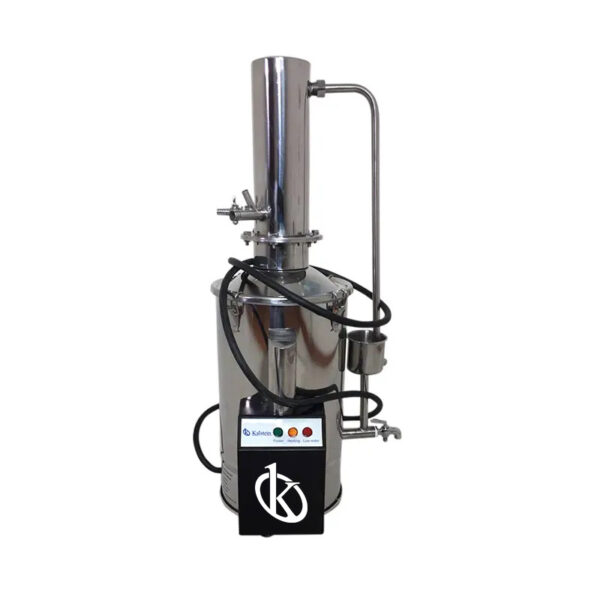Water is one of the essential components in any laboratory. Not only is it used as a reagent in different experiments, but it is also needed to clean laboratory equipment and utensils. For this reason, having a reliable supply of purified water is essential. One of the most common methods of obtaining purified water in the laboratory is through water distillers.
Before making a decision on which water distiller to purchase, it is important to understand the specific needs of your laboratory in terms of the quantity and quality of water required. Some labs may require large volumes of water on a daily basis, while others may have more modest needs. In addition, the quality of water required may vary depending on the types of experiments and analyses being performed.
It is critical to assess your laboratory’s water demand and determine if a water distiller can meet that demand. Water distillers are available in a variety of sizes and capacities, so be sure to select one that suits your specific needs.
Consider energy efficiency and operating cost
In addition to meeting your lab’s water needs, it is important to consider the energy efficiency and operating cost of a water distiller. Some water distillers can consume a large amount of energy, which can significantly increase long-term operating costs. When choosing a water distiller, look for those that are known for their energy efficiency and can help you reduce operating costs.
In addition to energy consumption, it is important to consider other factors that can affect operating cost. Some water distillers require the addition of chemicals to the distillation process, which can also increase costs in the long run. Evaluate all of these variables before making a final decision.
Compare features and technical specifications
Each water distiller has different features and technical specifications that can influence its performance and ease of use. When you are evaluating different water distillers, pay attention to the following aspects:
– Production capacity: check how much water the distiller can produce in a given period. This will allow you to determine if the distiller is capable of maintaining the water supply needed for your laboratory.
– Water quality: Make sure that the water distiller can provide the level of purity required for your experiments. Some water distillers include additional features, such as activated carbon filters, to further improve the quality of the purified water.
– Safety systems: Water distillers are usually equipped with safety systems to prevent accidents or damage. When choosing a water distiller, check if it has safety features, such as temperature and pressure sensors, to protect both the user and the equipment.
The future with Kalstein
Choosing the right water distiller for your lab is essential to ensure a reliable supply of purified water. By knowing your water needs, considering energy efficiency and operating cost, and comparing the features and technical specifications of available distillers, you can make an informed decision.
Remember that water distillers must not only meet your lab’s needs for water quantity and quality, but they must also be durable and reliable. Don’t skimp on quality, as investing in a reliable water distiller for the long term can save you money and worry down the road. With the right water distiller, you can ensure accurate and reliable results in your laboratory experiments and analyses.
KALSTEIN simplifies the choices by offering the best deals and quotes. Visit us HERE where you will find the different YR models of water distillers, which are available for any laboratory requirement, in addition to having the best advisors to accompany you during the purchase process; we besides being manufacturers of laboratory equipment, we have for you a 3D platform, where users, manufacturers and distributors can sell, rent or offer new or used equipment anywhere in the world, enjoy being seen, you’re more.

